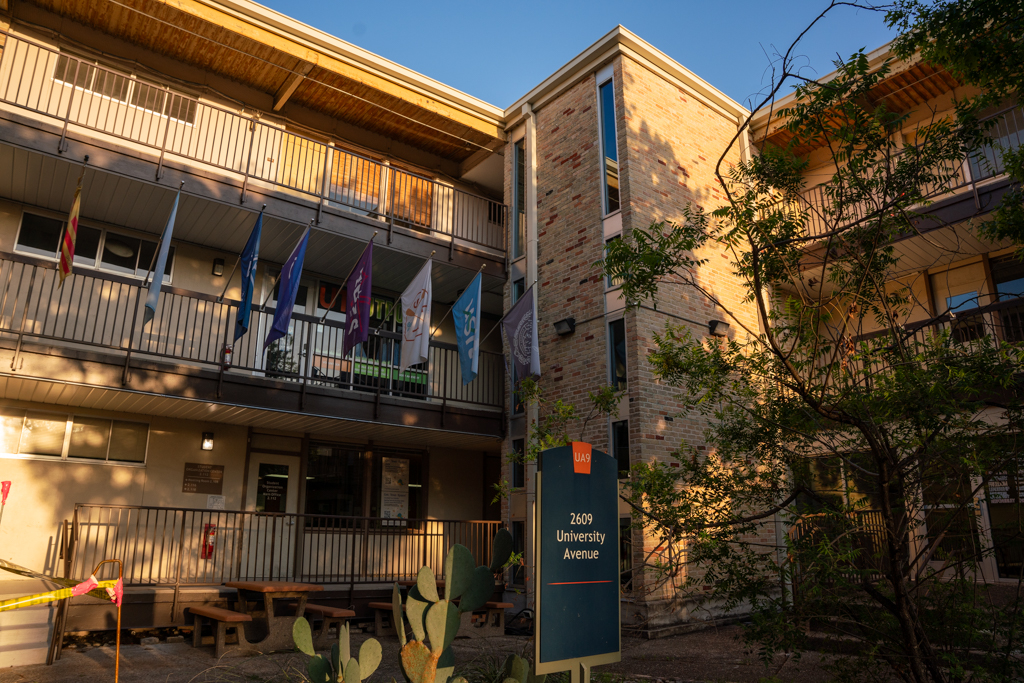During syllabus week, professors unveiled their various policies on attendance, late assignments and exams. Some professors made a point that they can accommodate their students when life happens, and students noticed.
“People are more receptive to learning when they feel comfortable and they can trust the people who are teaching them,” advertising junior Andrea Garza said. “It creates a better learning environment.”
Garza said she is bipolar and has experienced depressive episodes preventing her from attending her classes, many of which graded based on attendance. Her success at UT largely depends on professors and TAs being accommodating to her situation, Garza said.
“I went to (my TA) and said, ‘Until I get my stuff sorted out and get on a medication again, I might miss up to a month or two of classes. Is there anything we can do?’” Garza said.
Her TA fully understood the situation and allowed her to turn in assignments from home with a flexible deadline, Garza said.
“She was super accommodating to me,” Garza said. “She was the only faculty member at UT that has worked with me that much. I honestly wasn’t expecting her to go to such great lengths to help me out.”
Garza also said professors sent her recordings of their lectures and mentors allowed her to miss weekly meetings without putting her scholarship on hold.
Neuroscience associate professor Laura Colgin said professors can cultivate better relationships with their students by taking interest in their students’ well-being.
“When people know that you know who they are, they are going to take (class) more seriously,” Colgin said. “If they see that you notice them and notice when they’re not there … it does encourage students to live up to their full potential.”
Colgin said when she reaches out to students who miss class or do poorly on a test, they are usually having mental health issues and do not want to be mistaken as lazy.
“I’m saying ‘No, I don’t have that impression,’” Colgin said. “‘I know that you’re sincerely struggling. Please don’t worry … Just try to take care of yourself.’”
Psychology senior lecturer Wendy Domjan also encourages her students to take care of themselves so they can achieve more in her class.
“I don’t want them to be under unbelievable pressure,” Domjan said. “I’d rather have good work later than something they throw together at the last minute to meet an arbitrary deadline.”
Domjan said she is very specific to what she accommodates for and can tell when students are trying to take advantage of her policy.
“It’s really just a lack of effort and organization, and that I don’t accommodate for,” Domjan said. “I think it’s in their best interest to learn how to manage that.”
Ultimately, Domjan said talking to professors can be easier on students who are new to UT and do not know about all the resources available to them.
“I think all of us get into a situation where it looks like we can’t manage what’s in front of us,” Domjan said. “If (students can talk to) someone they’re seeing several times a week who has kind of declared that they’re interested in talking to them if they have some issues, that’s easier for them to do.”





















